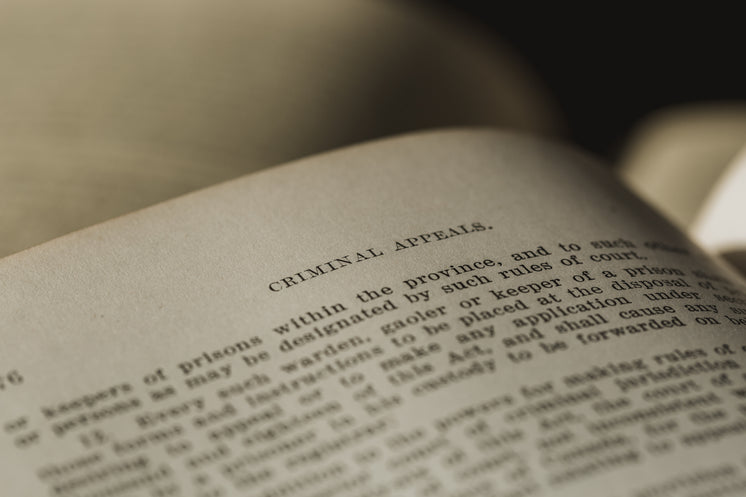allanmoon87455
Sobre allanmoon87455
The English court system are a essential part of the British legal framework.
The Court of Appeal, established in 2014, sits between the High Court and the Supreme Court. It was created to ease the backlog of appeals and improve the efficiency of the legal system. This court hears appeals in both civil and criminal matters from the High Court and ensures consistency in legal decisions across Ireland.
A pivotal moment in the history of UK law courts occurred during the reign of Henry II. King Henry II (reigned 1154-1189) is often credited with establishing the framework for a unified legal system in England. He introduced reforms that expanded the reach of the royal courts and reduced the influence of local lords and barons. One of his most significant reforms was the establishment of circuit judges, who traveled the country to hear cases and ensure the uniform application of the law. This helped to create a more centralized system of justice and a more uniform legal system throughout England.
As a independent nation, Ireland operates a independent legal system that is based on a blend of case law and legislation, influenced by both its British legal heritage and its membership in the European Union.
Throughout the trial, the judge has the responsibility of maintaining order and ensuring that the proceedings are fair. If any legal issues arise that cannot be resolved immediately, the judge may make rulings or request further clarification. In more complex cases, especially those involving expert testimony or large amounts of evidence, the trial may last several days or even weeks.
The Norman Conquest in 1066 brought significant changes to the judicial system. The Normans introduced a more centralized form of government and legal system, and courts became more formalized. The most significant change was the creation of the King’s Court, or the Curia Regis, which was a royal court responsible for handling more serious disputes. This court marked the beginning of the English legal system as we know it today, with the king or his representatives overseeing the administration of justice across the land.
Furthermore, access to court facilities can be limited in certain parts of the country, particularly in rural areas. Some individuals may have to travel long distances to reach their nearest court, which can be a significant burden, especially for those with mobility issues or limited financial resources.
 Court ushers. They ensure that everyone involved in a case, including witnesses, legal representatives, and defendants, is in the right place at the right time. Ushers may call cases into the courtroom, assist witnesses in taking the stand, and maintain order during hearings. Their role also includes helping to organize courtrooms for the proceedings and ensuring that any documents or evidence are appropriately handled.
Court ushers. They ensure that everyone involved in a case, including witnesses, legal representatives, and defendants, is in the right place at the right time. Ushers may call cases into the courtroom, assist witnesses in taking the stand, and maintain order during hearings. Their role also includes helping to organize courtrooms for the proceedings and ensuring that any documents or evidence are appropriately handled.
Above the High Court is the Court of Appeal, which reviews decisions made by lower courts. It is split into two divisions: Civil and Criminal. The Court of Appeal plays a critical role in shaping the law by setting legal precedents and clarifying interpretations of statutes and case law.
 Security is a crucial factor in court design in the UK is the provision of security measures. Given the sometimes high-stakes nature of legal proceedings, courts must ensure the safety of all parties involved, including judges, legal representatives, defendants, and members of the public. Court buildings are often equipped with security screening areas, metal detectors, and secure entrances and exits. Additionally, some courts have on-site police officers or security personnel to manage potential risks and ensure the safety of everyone in the building.
Security is a crucial factor in court design in the UK is the provision of security measures. Given the sometimes high-stakes nature of legal proceedings, courts must ensure the safety of all parties involved, including judges, legal representatives, defendants, and members of the public. Court buildings are often equipped with security screening areas, metal detectors, and secure entrances and exits. Additionally, some courts have on-site police officers or security personnel to manage potential risks and ensure the safety of everyone in the building.
Access to justice in England has seen significant changes. While legal aid is available for individuals who cannot afford legal representation, reforms over the past decade have reduced the scope of coverage, especially in civil cases. Critics argue that this limits access to justice for vulnerable individuals and undermines fairness.
At the lowest level of the court system is the District Court. It deals with less serious crimes, as well as small civil claims, family law matters, and licensing issues. The District Court operates in various local venues throughout the country and is usually presided over by a single judge. Its decisions can be appealed to the Circuit Court.
Efforts to improve the courts have been a major focus in recent years. The government and the judiciary have invested in digital transformation to improve access to justice. Virtual hearings, online case filing, and remote participation have become more common, particularly since the COVID-19 pandemic.
If you loved this write-up and you would like to obtain even more information pertaining to law firm lead generation kindly visit our web site. The 19th century saw further developments in the structure and function of UK law courts. The creation of new courts, such as the Court of Appeal in 1875, helped to streamline the legal process and ensure that cases could be reviewed at a higher level. The establishment of the Crown Court in 1971 marked another important development, as it brought greater specialization and efficiency to the handling of criminal cases.
No listing found.


